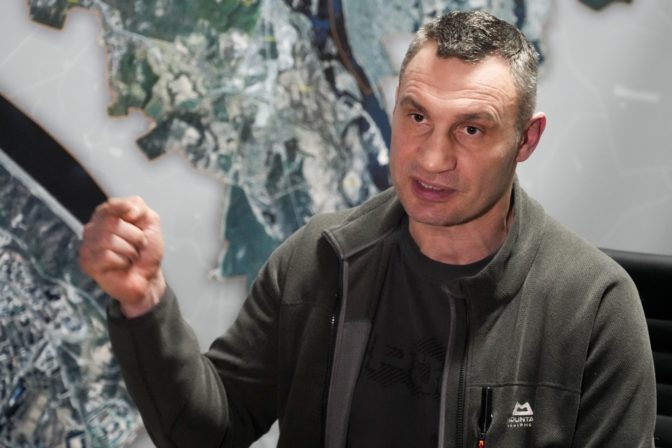BRATISLAVA, July 12, (WEBNOVINY) — Hungary has confirmed that its opinion on Slovakia’s proposal to conclude a bilateral agreement on dual citizenship differs from that held by Bratislava. The Slovak Foreign Ministry has received a letter from the Hungarian Foreign Ministry State Secretary Zsolt Nemeth on Monday in which he writes that further negotiations are necessary. “Slovakia will initiate the talks,” the Slovak MFA press department informed SITA.
The Hungarian side also handed over a verbal note regarding the implementation of the intergovernmental agreement on mutual support of national minorities in the area of education and culture. The ministry led by SDKU’s Mikulas Dzurinda holds the opinion that providing financial support in the area of education and culture that Slovakia and Hungary provide to their minority in the neighboring country has to be implemented exclusively in compliance with this agreement. The Slovak ministry will hold further negotiations on the issue with its Hungarian counterpart.
In the previous election term, the current opposition reacted to the Hungarian citizenship law by amending the state citizenship law. Based on Hungary’s citizenship law, any person who can speak Hungarian and has an ancestor from „Great Hungary“ or Hungary can be granted Hungarian passport if s/he applies for it. The anti-law adopted in the era of Robert Fico stipulates that Slovak citizens, who obtain a passport of another country, will lose their Slovak citizenship. The current ruling coalition in Slovakia has prepared its own amendment to the state citizenship law, which was to fix anti-law. However it failed to approve the bill in parliament and decided to solve the issue through an agreement with Hungary.
The opposition SMER-SD and Ordinary People group leader Igor Matovic have sent to parliament their versions of a draft amendment to soften the consequences of the current citizenship act. Matovic wants citizenship to be left to people who can document at least a one-year registered stay abroad where they worked, studied, conducted business, executed charity or missionary activities, were top athletes, etc. In contrast, the party SMER-SD conditions permissible other than Slovak citizenship on a single request: at least one-year’s continuous stay in the given country. The drafts are likely to be put on the parliamentary agenda in September.
SITA












